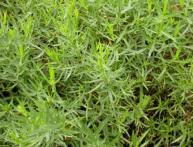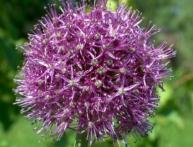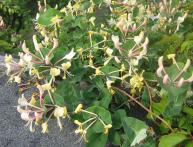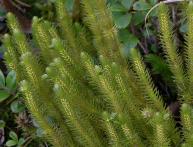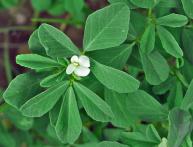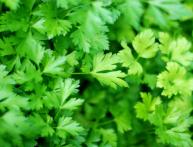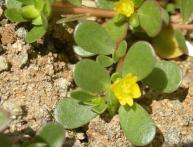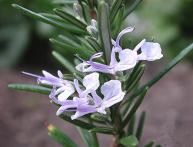Lovage grass
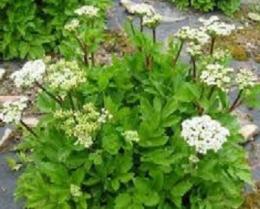
Lovage grass is a perennial plant of the Apiaceae family. Due to its beneficial properties, lovage is highly valued in folk medicine.
The height of the plant ranges from one to two meters. Lovage blooms in summer. The flowers are very small and yellowish in color, and the inflorescence itself looks like an umbrella. The fruits ripen only in September.
Lovage grass has a very specific spicy smell, characterized by pungency. In this case, the taste of the plant first seems sweet, and then acquires a bitter taste.
The rich chemical composition of all parts of the plant allows it to be used not only in cooking, but also in perfumery, as well as in folk medicine.
Essential oil obtained from the leaves and stems of lovage is mainly used in perfumery and cooking. Very often, the greens of the herb are used as an aromatic spice. It is added to various vegetable salads, sauces, meat gravies, and soups. Lovage also goes well with fish or poultry.
The lovage herb is of particular importance for dietary nutrition in diseases of the kidneys, liver, and gall bladder. The herb is also very useful for flatulence, obesity and rheumatism.
Despite all the beneficial properties of the fragrant plant, Russian scientific medicine does not use it. Only its use in folk medicine is known. Decoctions and infusions of medicinal lovage help cope with many diseases. The herb also has a calming effect.
However, lovage can be dangerous for pregnant women as it can cause blood flow to the pelvic organs.

